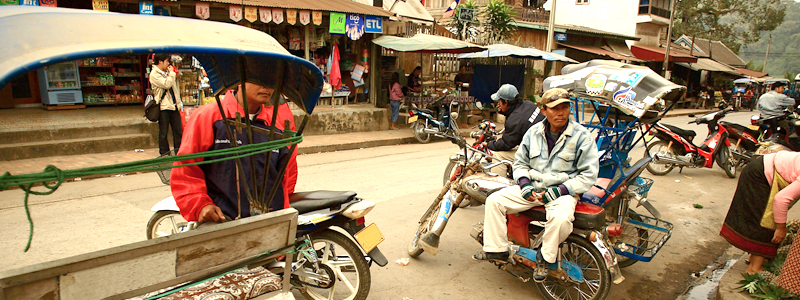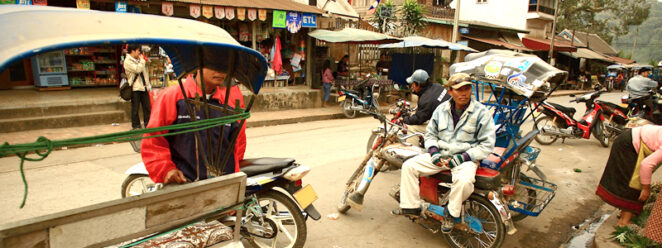Sustainable urban tourism through low carbon initiatives: Experiences from Hue and Chiang Mai


Adaptation challenge
The tourism service providers in Hue city were estimated to emit about 0.5 million tons of CO2 equivalent in the year 2011. For developing sustainable urban tourism, garden houses are perfect as they combine the values of nature and local cultural heritage with income from tourism. Income is generated for the owners and garden workers from the sale of fruits and vegetables from the gardens. Other income generating opportunities benefit the cyclo drivers and street vendors.
Expected outputs
The project aimed to estimate the greenhouse gas emission from tourism sector and helped to focus on the issues of sustainable urban tourism in both the cities. In the process, the project also tried to ensure multi-stakeholder partnership between researchers, local authorities, private companies, NGOs and locals to work together for designing an efficient solution to practice sustainable urban tourism in both the cities. The low carbon initiatives were proposed after considering inputs from the different stakeholders, such as tourism service sectors, local people, students, software analytical tools and research academia experience. Thus the implementation recommended policy options from this project would not only reduce GHG emissions but also create green and decent jobs to the local people.
Timescale of project
2012-2013
Scope
Vietnam
Focal point
Prof. Sivanappan Kumar and Dr. Kyoko Kusakabe School of Environment and Resource Development Asian Institute of Technology (AIT), Thailand E-mail: [email protected]; [email protected]
Partners
Sivanappan Kumar, Kyoko Kusakabe, Pravakar Pradhan, Pujan Shrestha, Srujana Goteti, Trinnawat Suwanprik, Le Phan Anh Thu, Nguyen Thi Khanh Linh, Tran Anh Tuan
Asian Institute of Technology (Thailand), Chiang Mai Municipality, Hue City Center for International Cooperation
(0) Comments
There is no content